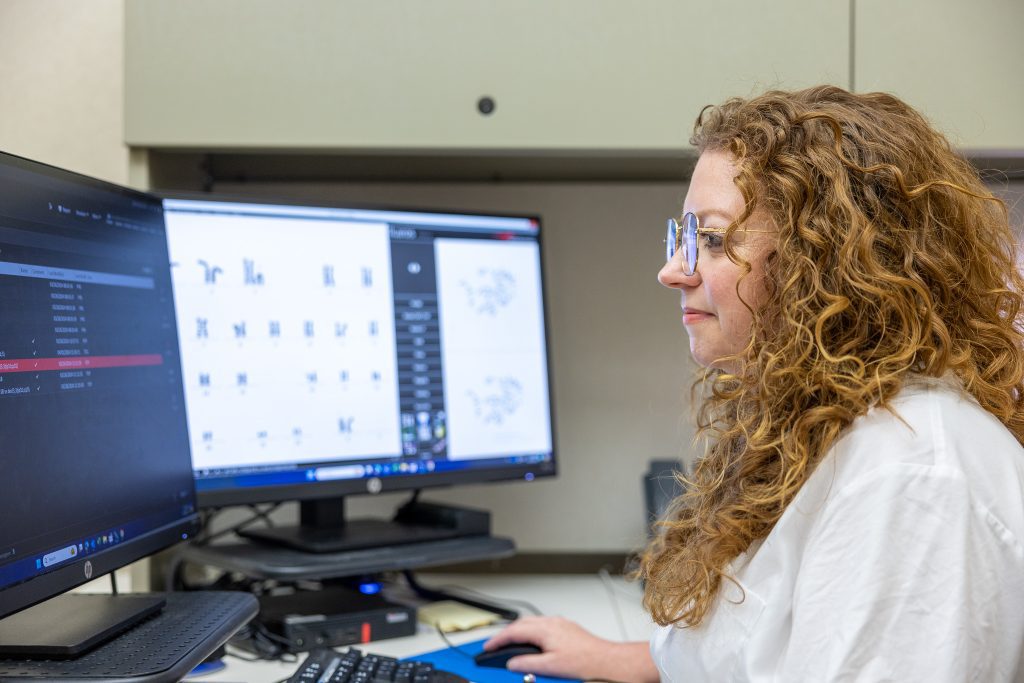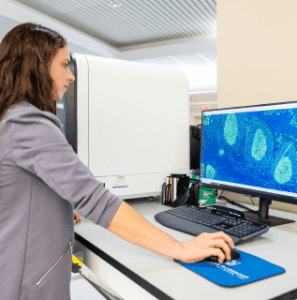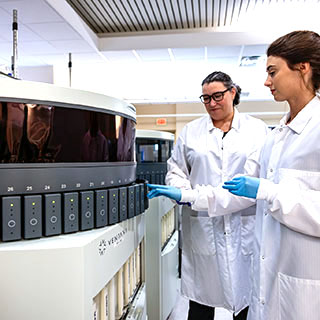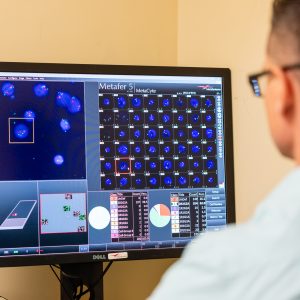Tiffany Guess, Ferrin C. Wheeler, Ashwini Yenamandra, Samantha L.P. Schilit, Hannah S. Anderson, Kathleen M. Bone, Billie Carstens, Laura Conlin, Matthew C. Dulik, Barbra R. Dupont, Elizabeth Fanning, Juli-Anne Gardner, Mary Haag, Benjamin A. Hilton, Jill Johnson, Jillene Kogan, Jacyln Murry, Katarzyna Polonis, Denise I. Quigley, Elena A. Repnikova, Ross A. Rowsey, Nancy Spinner, Mikayla Stoeker, Virginia Thurston, Margaret Wiley, Lei Zhang
Genetics in Medicine
Volume 26, Issue 10, 2024, 101212,
ISSN 1098-3600
https://doi.org/10.1016/j.gim.2024.101212.
https://www.sciencedirect.com/science/article/pii/S1098360024001461
Abstract
Purpose
Klinefelter syndrome, a sex chromosome aneuploidy (SCA), is associated with a 47,XXY chromosomal complement and is diagnosed in ∼1:600 live male births. Individuals with a 46,XX cell line, in addition to 47,XXY, are less common with a limited number of published case reports.
Methodology
To better understand the implications of a 47,XXY/46,XX karyotype, we conducted a retrospective, multicenter analysis of the cytogenetic findings and associated clinical records of 34 patients diagnosed with this SCA across 14 institutions.
Results
Presence of the XX cell line ranged from 5% to 98% in patient specimens. Phenotypes also exhibited significant heterogeneity with some reporting a single reason for referral and others presenting with a constellation of symptoms, including ambiguous genitalia and ovotestes. Ovotestes were present in 12% of individuals in this cohort, who had a significantly higher percentage of XX cells. Notably, 2 patients were assigned female sex at birth.
Conclusion
These findings highlight the variability of the clinical phenotypes associated with this SCA, as well as the challenges of clinical management for this population. Karyotype or fluorescence in situ hybridization analysis, which offer single-cell resolution, rather than chromosomal microarray or molecular testing, is the ideal test strategy in these instances as mosaicism can occur at low levels.
Keywords: 47,XXY/46,XX karyotype; Difference of sex development; Klinefelter syndrome; Ovotestes; Sex chromosome aneuploidy









